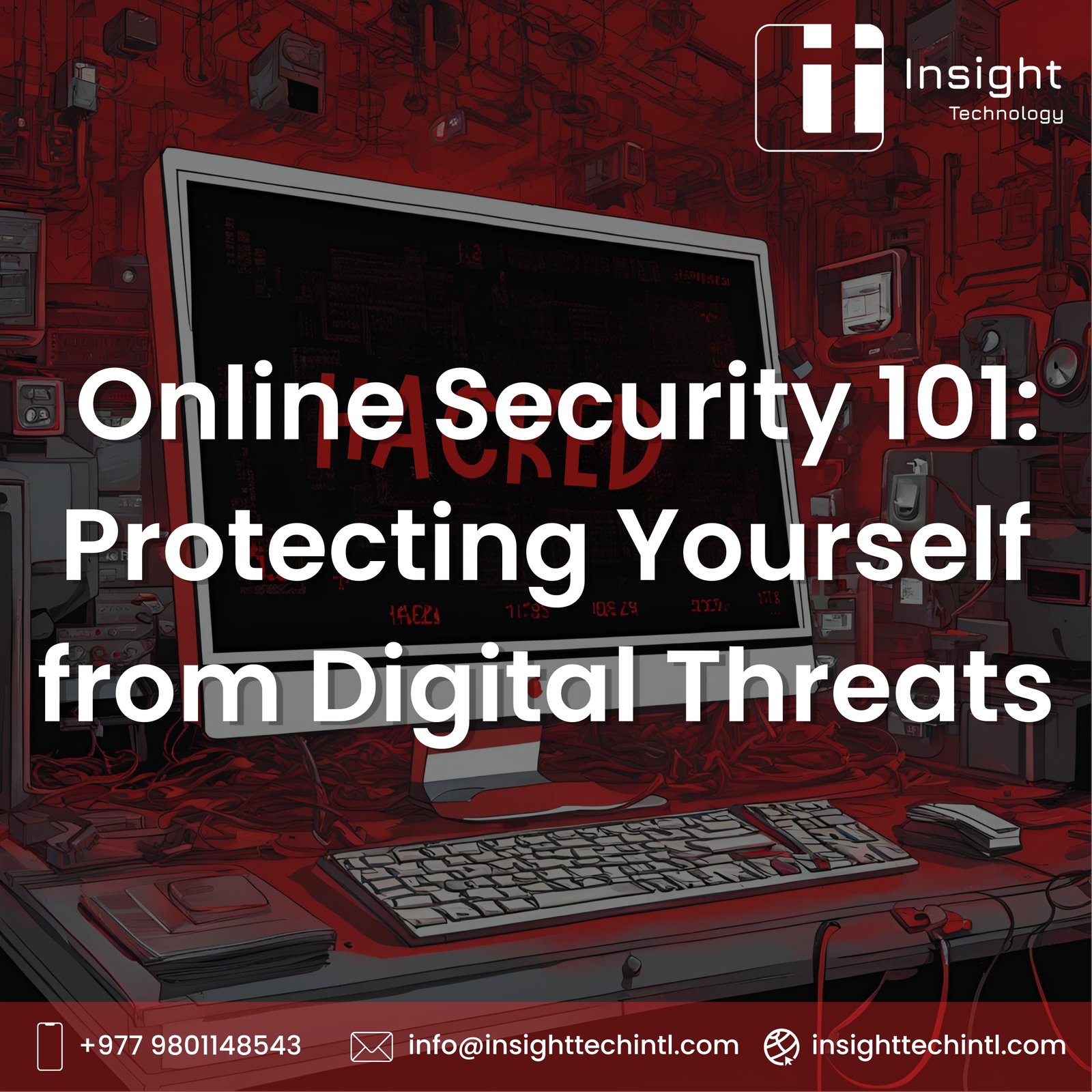
The Importance of Online Security in the Digital Age
In today’s interconnected world, the internet is a double-edged sword. While it offers unparalleled convenience and opportunities, it also exposes us to a variety of cyber threats. From identity theft to ransomware attacks, malicious actors are constantly looking for ways to exploit vulnerabilities. As everyday internet users, understanding these threats and learning how to protect ourselves online is essential. Online Security and Cyberattacks will guide you through the types of online attacks, practical ways to safeguard yourself, and a brief overview of cybersecurity as a field.
Types of Cyber Attacks: Know Your Enemy
Cyberattacks come in many forms, each with its own methods and goals. Here are some of the most common types of attacks you should be aware of:
- Phishing Attacks
Phishing involves tricking users into revealing sensitive information, such as passwords or credit card numbers, by pretending to be a trusted entity. These attacks often come through emails, messages, or fake websites. - Malware
Malware, short for malicious software, includes viruses, worms, and ransomware. It can infect your device, steal data, or even lock you out of your system until a ransom is paid. - Man-in-the-Middle (MitM) Attacks
In MitM attacks, hackers intercept communication between two parties to steal data or inject malicious content. This often happens on unsecured public Wi-Fi networks. - Denial-of-Service (DoS) Attacks
These attacks overwhelm a system, network, or website with traffic, causing it to crash and become unavailable to users. - Password Attacks
Hackers use techniques like brute force (guessing passwords repeatedly) or credential stuffing (using leaked passwords from other breaches) to gain unauthorized access to accounts.
How to Safeguard Yourself: Practical Tips for Online Security
Protecting yourself from cyber threats doesn’t require advanced technical knowledge. Here are some simple yet effective steps you can take:
- Create Strong, Unique Passwords
Use a combination of uppercase and lowercase letters, numbers, and special characters. Avoid reusing passwords across multiple accounts. - Enable Two-Factor Authentication (2FA)
2FA adds an extra layer of security by requiring a second form of verification, such as a code sent to your phone. - Be Skeptical of Unsolicited Emails and Messages
Always verify the sender’s identity before clicking on links or downloading attachments. Look for signs of phishing, such as misspelled URLs or generic greetings. - Install Antivirus and Anti-Malware Software
These tools can detect and remove malicious software before it causes harm. Keep them updated to protect against the latest threats. - Avoid Using Public Wi-Fi for Sensitive Transactions
If you must use public Wi-Fi, connect through a VPN to encrypt your data and keep it private. - Regularly Update Your Software
Software updates often include security patches that fix vulnerabilities. Enable automatic updates whenever possible. - Back Up Your Data
Regularly back up important files to an external drive or cloud storage. This ensures you can recover your data in case of a ransomware attack.
Pro Tip: Combine strong passwords with Two-Factor Authentication (2FA) for an added layer of security. Even if someone guesses your password, they won’t be able to access your account without the second verification step.
Cybersecurity: The Shield Against Digital Threats
Cybersecurity is the practice of protecting systems, networks, and data from digital attacks. It’s a critical field in IT that focuses on preventing, detecting, and responding to cyber threats. Cybersecurity professionals use a variety of tools and techniques to safeguard sensitive information and ensure the integrity of digital infrastructure.
Some key roles in cybersecurity include:
- Security Analysts: Monitor networks for suspicious activity.
- Ethical Hackers: Test systems for vulnerabilities by simulating attacks.
- Incident Responders: Handle and mitigate the impact of cyberattacks.
The field is constantly evolving, making it an exciting and rewarding career choice for those interested in technology and problem-solving.
Conclusion: Stay Safe and Secure Online
The internet is a powerful tool, but it comes with risks. By understanding Online Security and Cyberattacks and implementing practical security measures, you can significantly reduce your chances of falling victim to online threats. Additionally, the field of cybersecurity offers a promising career path for those passionate about protecting the digital world.
Remember, online security is a shared responsibility. Stay informed, stay vigilant, and take proactive steps to safeguard your digital life. Together, we can create a safer internet for everyone.

